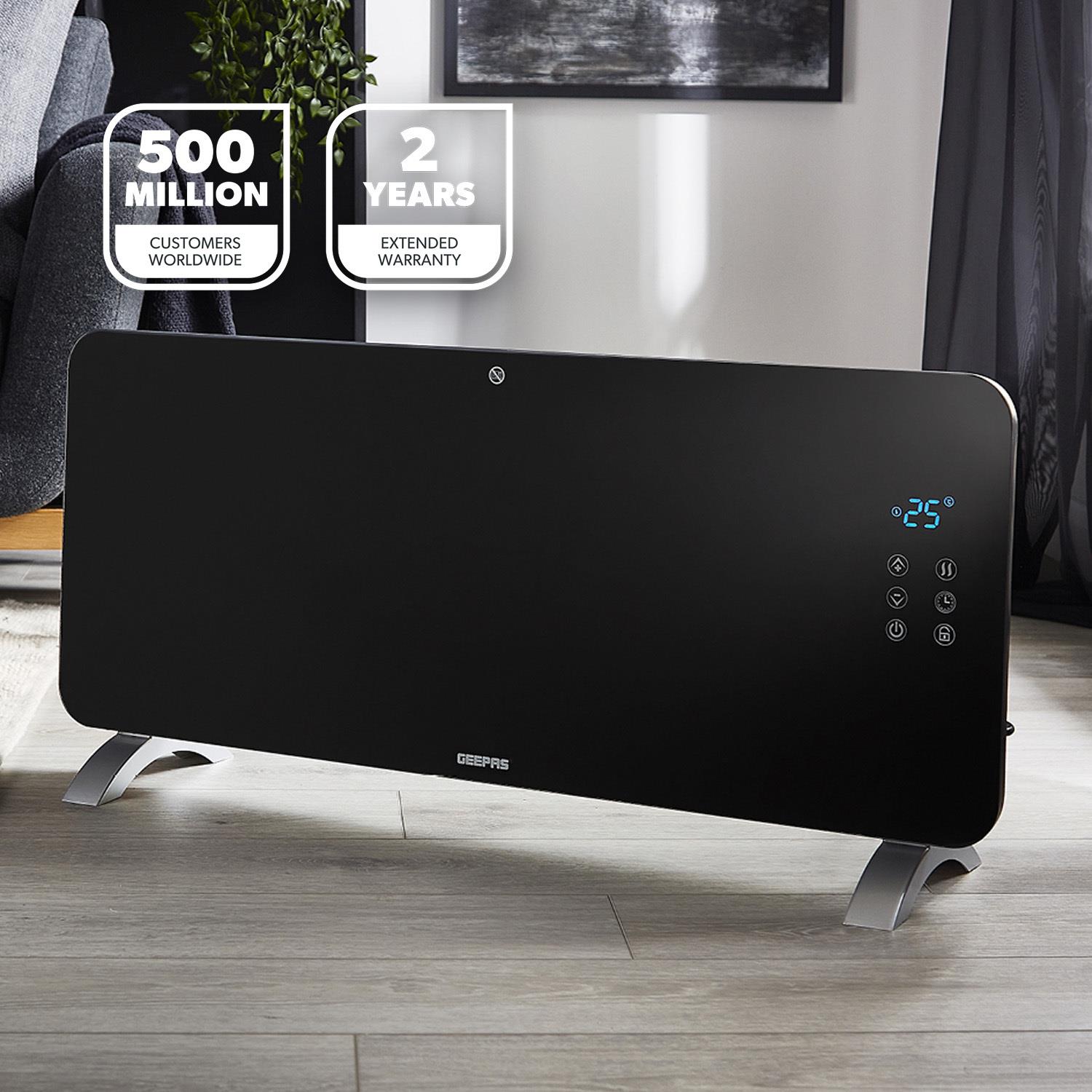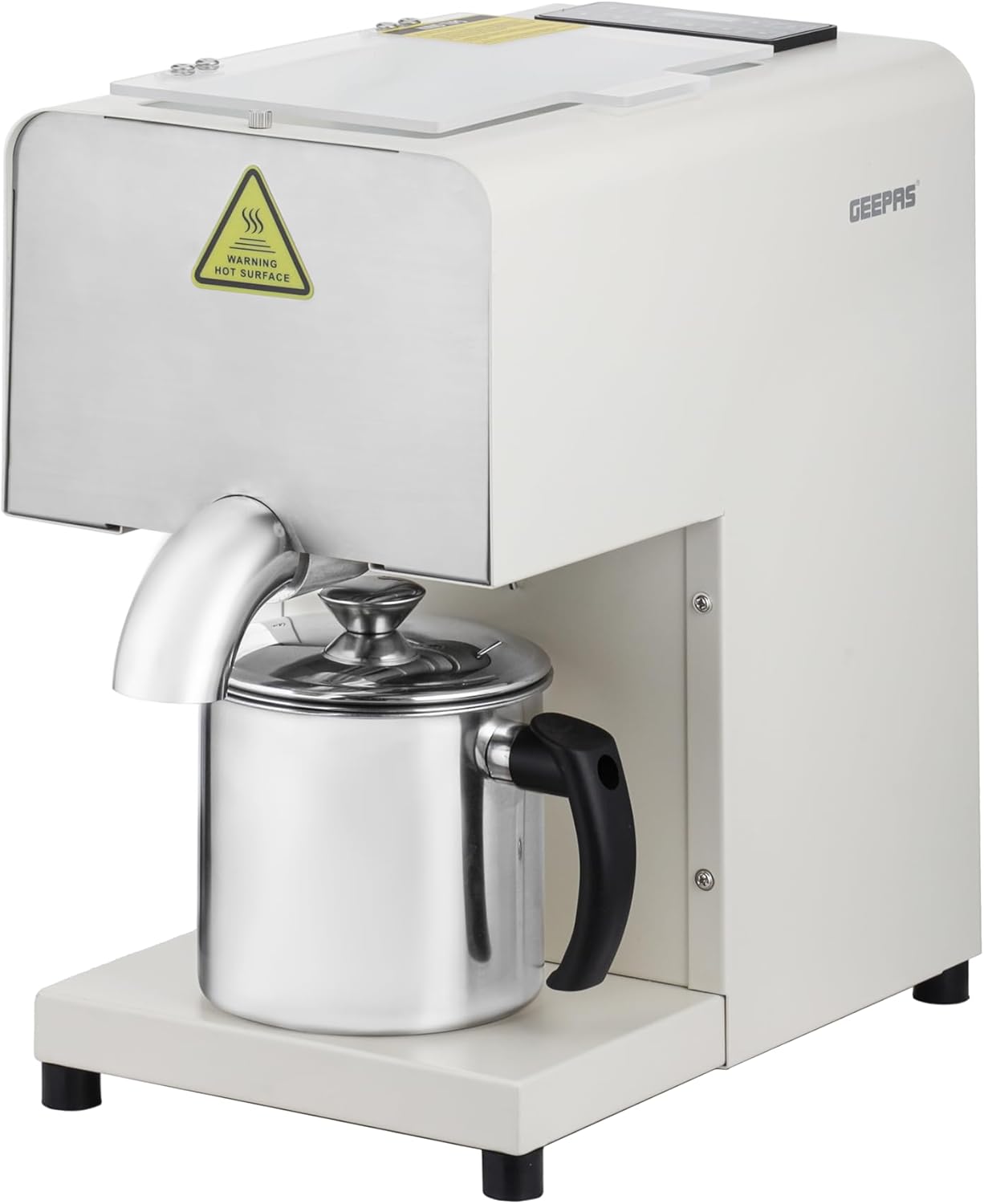When the chill sets in, most people turn to electric heaters for quick, reliable warmth. They're portable, easy to use, and available in countless designs. But if you're shopping for one or wondering how they compare to other heating systems, you might be asking: Are electric heaters really efficient? Which type is best for me? And are they safe to use every day?
This guide will walk you through everything you need to know about electric heaters - from how they work and the different types, to their pros, cons, safety tips, and costs. By the end, you'll have all the knowledge you need to choose the right electric heater for your home, office, or workshop.
Introduction To Electric Heaters
Electric heaters are devices that convert electrical energy into heat. Unlike central heating systems that warm an entire house, electric heaters are typically localized solutions, meaning they heat the room or space they're placed in.
They're popular because they're affordable, versatile, and widely available, making them a go-to option for bedrooms, living rooms, dorms, garages, and even outdoor areas.
How Electric Heaters Work
The Science Behind Electric Heating
Electric heaters use a simple process called Joule heating. When electricity passes through a resistive heating element (like a coil or ceramic plate), it produces heat. That heat is then transferred into the surrounding space either through convection, conduction, or radiation.
Key Components Of An Electric Heater
Most electric heaters share similar components:
- Heating element - Produces the heat
- Fan (optional) - Distributes warm air
- Thermostat - Regulates temperature
- Safety Features - Automatic shutoff, tip-over protection, and overheat sensors
This simple design is what makes electric heaters reliable and low-maintenance.
Different Types Of Electric Heaters
Fan Heaters
Compact and portable, fan heaters blow warm air quickly into a room. They're great for small spaces but can be noisy.
Oil-Filled Radiators
These heaters circulate heat through oil-filled fins. They warm up slower but provide consistent, long-lasting heat.
Panel Heaters
Sleek and wall-mounted, panel heaters are great for permanent heating solutions in modern homes.
Ceramic Heaters
Ceramic heaters use a ceramic plate that heats up quickly and evenly. They're known for being energy efficient.
Infrared Heaters
These heaters use an infrared radiator to heat objects and people directly, rather than the air. Perfect for outdoor areas or spot heating.
Benefits of Electric Heaters
Energy Efficiency and Cost Savings
Many modern electric heaters feature programmable thermostats and eco modes that help cut down on electricity costs.
Easy Installation and Portability
Unlike gas heaters, electric heaters don't need vents or fuel lines. Plug them in, and they're ready to go.
Safety Features
Most come with overheat protection, tip-over shutoff, and cool-touch exteriors, making them safer than traditional heaters.
Electric Heaters vs Other Heating Options
When deciding on a heating solution, it helps to compare electric heaters with other common types.
Electric Heaters vs Gas Heaters
- Electric heaters are easier to install and safer indoors since they don't emit carbon monoxide.
- Gas heaters are often cheaper to run but require proper ventilation and maintenance.
Electric Heaters vs Oil Heaters
- Oil heaters (central systems) are good for heating an entire home, but cost more upfront.
- Electric heaters are better for spot heating and quick warmth.
Electric Heaters vs Central Heating
- Central heating systems are ideal for large houses with multiple rooms.
- Electric heaters are affordable, portable, and don't require installation. They're not always cost-effective for long-term, whole-house heating.
Choose The Right Electric Heater
With so many models on the market, choosing the right heater comes down to your specific needs.
Factors To Consider Before Buying
- Room size - Check the heater's wattage rating (typically 10 watts per square foot).
- Portability - Do you need a heater you can move around?
- Noise Level - Fan heaters can be noisy, while oil-filled heaters are almost silent.
- Safety Features - Look for tip-over switches, automatic shutoff, and cool-to-touch surfaces.
- Budget - Decide whether you want a cheap heater for occasional use or a premium smart heater for daily heating.
Best Electric Heaters For Small Rooms
- Compact fan heaters or ceramic heaters
- Wall-mounted panel heaters
Best Electric Heaters For Large Spaces
- Oil-filled radiators with high wattage
- Infrared heaters for direct warmth
- Larger ceramic tower heaters with oscillation
Safety Tips For Using Electric Heaters
Electric heaters are generally safe, but only when used correctly.
Placement and Clearance Guidelines
Always keep heaters at least 3 feet away from furniture, curtains, or bedding. Never place them on unstable surfaces.
Avoiding Electrical Hazards
- Plug heaters directly into a wall outlet - not an extension cord or power strip.
- Check for frayed wires or loose plugs.
Fire Safety Measures
- Turn heaters off when leaving the room or going to sleep.
- Choose models with overheat protection and auto shut-off.




1 comment
Sandra Watson
How do I get the app to operate please. I have your smart panel heater GPH28543UK
How do I get the app to operate please. I have your smart panel heater GPH28543UK